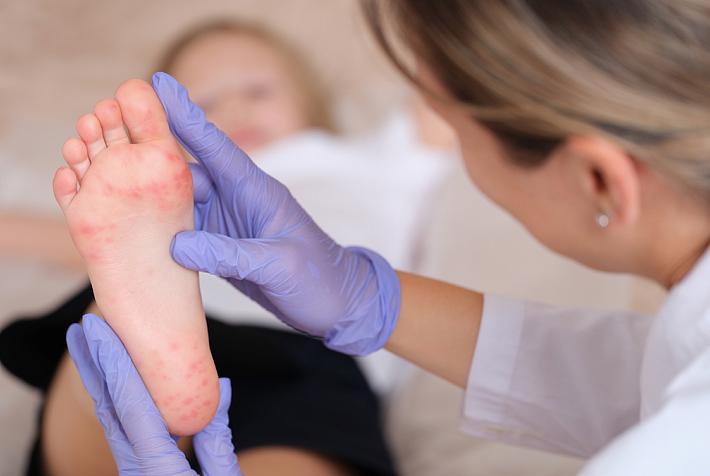How much time do Romanian children spend in front of the computer or the TV?

A Romanian child spends 22.7 hours a week in front of a screen – computer or TV. By comparison, a child from Belgium or the Netherlands spends only 17 hours a week watching TV or staying in front of the computer. Only Bulgaria surpasses in Romania, with 25 hours a week, according to the EPHE survey (EPODE for the promotion of health equity), which was carried out in seven European countries.
The study also revealed that the time spent in front of the computer is equally monitored in all socio-economic target groups: 50% of parents control the time spent by their children in front of the screen.
According to the study, the family’s economic and educational situation can be associated with around 25% of the obesity prevalence among men, and with 50% in the case of women. Disadvantaged populations don’t have enough access to traditional prevention methods, because of a low rate of participation or a low level of understanding. Thus, a child born into a family with a difficult socio-economic level has some disadvantages when it comes to obesity prevalence.
“The parental environment is essential. Health inequities occur due to the families’ economic conditions and level of education. Changing perceptions and behaviors takes time,” said Silvia Bucur, president of the PRAIS Foundation, which carried out the study in Romania.
The EPHE survey is an analysis that explores and identifies behavioral inequalities and their determinants in certain social-economic categories. The survey applies the same questionnaire every year, on the same number of people. A total of 1,266 children aged 7-9 (631 boys and 635 girls) and their families were surveyed in this project.
A sample of 180 families from Otopeni, a city near Bucharest, have been monitored by the PRAIS Foundation for this study, which took three years. The same research was carried simultaneously in 6 similar communities in Belgium, France, the Netherlands, Portugal, Greece, and Bulgaria. The program has been co-financed by the European Commission.
The PRAIS Foundation runs several projects in Romania, promoting four big causes: access to education, resources, culture, and personal development for the young generation; a healthy lifestyle; care for the environment; and a sustainable economy based on innovation, competitively, and ethics.
New report suggests alarming rise in childhood obesity in Romania
Over 40% of Romanian children don’t do any sports
How many Romanian children use social networks?
How do Romanian parents take care of their children?
Irina Popescu, irina.popescu@romania-insider.com












